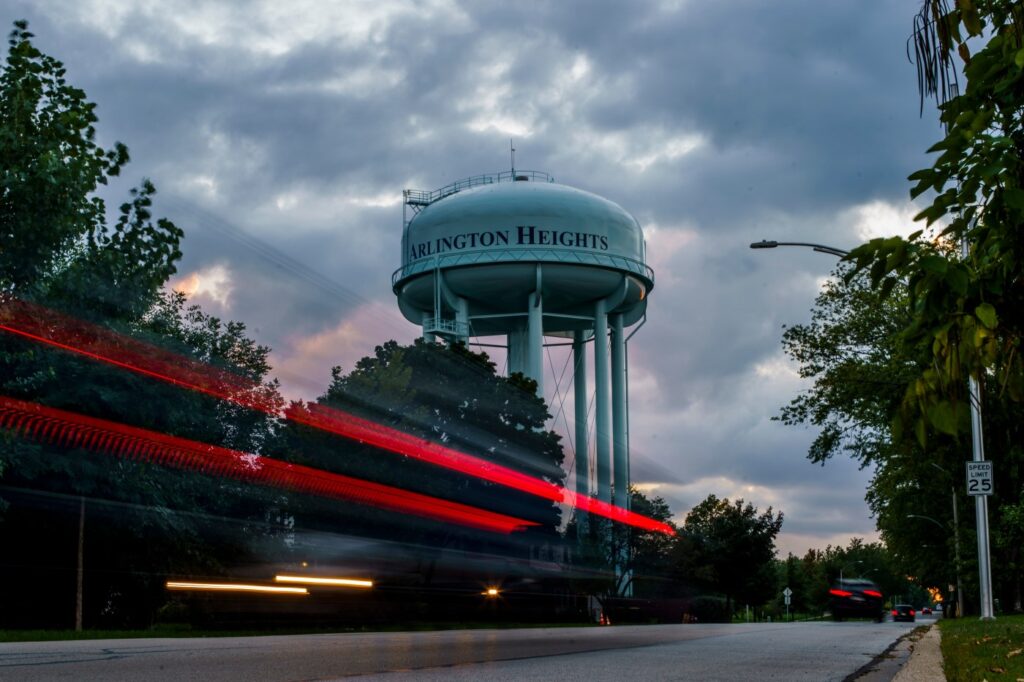
Arlington Heights, a suburb located northwest of Chicago, is exploring the implementation of a streaming tax as it seeks new revenue sources. This potential tax follows Chicago’s lead, where a digital “amusement” tax has been in effect since 2015, currently set at 10.25%. The proposed Arlington Heights tax would be lower at 5% and aims to address budget shortfalls stemming from declining cable franchise fees and telecommunications taxes.
With many residents opting for streaming services over traditional cable, revenue from these sources has seen a significant decrease. According to the Daily Herald, revenue dropped from approximately $5.5 million two decades ago to just under $3 million today. The new streaming tax is estimated to generate about $500,000 annually. However, it could increase the average household’s entertainment expenses by $41 to $61 per year, considering that many families subscribe to multiple streaming services.
Funding Emergency Services
Village officials stated that the revenue from the streaming tax would help fund staffing for a fifth Fire Department ambulance, a response to rising emergency call volumes. This comes amid already high local taxes; the median property tax bill in Arlington Heights is projected to exceed $9,000 in 2024, with many homeowners facing bills of $20,000 or more.
The potential adoption of a streaming tax places Arlington Heights among the forefront of municipalities outside Chicago considering such measures. East Dundee has already enacted a 5% amusement tax on streaming services, and Evanston adopted a similar tax in 2020. Additionally, state lawmakers recently discussed broadening Illinois’ 6.25% sales tax to include streaming services, although this proposal did not advance.
Community Concerns
Residents may view this trend with apprehension. As Chicago has shown, once a new tax is introduced, it often leads to future increases. The rising financial pressures on local governments, including significant police and fire pension shortfalls, have prompted discussions about new revenue sources.
Arlington Heights, like many suburbs, faces challenges in balancing high service expectations with budget realities. The pursuit of a streaming tax reflects a growing trend among municipalities to find innovative ways to fill budget gaps, but it raises questions about the long-term impact on local families.
As the situation develops, residents will likely continue to scrutinize where their tax dollars are allocated and the implications of new fees on their daily lives.







